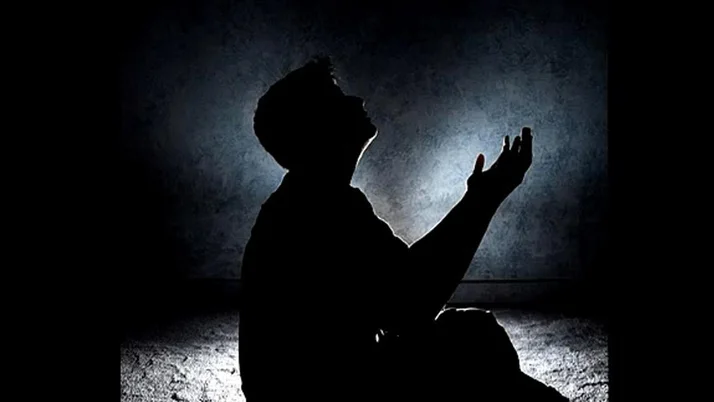Moses was convinced in Exodus 2:11-15 that the hour had come for the Savior to intervene. But the pointer on God’s clock was not that far advanced.
We see Moses acting as a human redeemer. Moses experiences a blatant case of injustice. Shouldn’t justice be helped to triumph immediately?
Moses reacts emotionally. Seeing a need is one thing, but the big challenge is reacting calmly. Today people react before they really start to think about it.
Perhaps we too should learn to wait for the right time? If we want to make a difference, it is important to think before we act. But that’s not always easy for us.
Jesus waited over 30 years before appearing publicly. It is important that we see the need and care it, take it before God and than wait until God’s time has come.
Sometimes we try to react faster than God. But patience is a divine attribute. Psalm 86:15 says: “But you, O Lord, are a God merciful and gracious, slow to anger and abounding in steadfast love and faithfulness.”
The second mistake Moses made was that he wanted to save his people on his own. Years passed before God stripped Moses of his own strength, his zeal, even his desire to be a deliverer, so that he could carry out God’s will. God is the doer. He even makes us weak so that his power can be seen in and through us.
Wherever we offer solutions for people who don’t want any, we won’t see any success.
Moses was wrong thinking that by doing this the people would recognize him as their Saviour. They did not yet see Moses as the divine saviour. They saw a zealous man. Moses had not yet become unselfish.
Moses experienced complete bankruptcy. He fails because of his cleverness, his own power and his supposed trust in God.
But whoever wants to become a tool in God’s hands must first reach their limits with their own strength and power.
Moses was not to appear as royal highness, but had to become a Midianite shepherd before God could use him. Not a title is decisive, but the inner maturity.
Moses had not yet learned three things in our story: to wait for the divine time, to let God’s power work in oneself and to become unselfish.
 Moses finds refuge by the priest of Midian in Exodus 2:15-22. Without his knowledge, he fled to the place of divine revelations. Here at Jetro or Reguël, Abraham’s belief in God is lived. Therefore, Moses comes to a place where he learns more about God by waiting to him, as indicated by the two names of his father-in-law.
Moses finds refuge by the priest of Midian in Exodus 2:15-22. Without his knowledge, he fled to the place of divine revelations. Here at Jetro or Reguël, Abraham’s belief in God is lived. Therefore, Moses comes to a place where he learns more about God by waiting to him, as indicated by the two names of his father-in-law. Those who walk with Jesus can expect resistance. But children of God do not walk in their own strength (Ephesians 6:10). Her master equips them. Not to fight people, but to protect themselves and ward off cunning attacks. Evil must be overcome with good (Romans 12:21). Christians should not hide in fear but stand boldly for the truth (Ephesians 6:20).
Those who walk with Jesus can expect resistance. But children of God do not walk in their own strength (Ephesians 6:10). Her master equips them. Not to fight people, but to protect themselves and ward off cunning attacks. Evil must be overcome with good (Romans 12:21). Christians should not hide in fear but stand boldly for the truth (Ephesians 6:20). A protest by six young women escalates.
A protest by six young women escalates. The Muslim Regâib Night begins with the evening prayer on Thursday, February 3, 2022. Muhammad pointed out that on this night the supplications (Duâ) will be answered (according to Imâm Shaafî, Al-Umm). The Regâib Night was celebrated for the first time in the middle of the 12th century. The alleged Regaib prayer was invented by a Sufi named Ali bin Abdullah bin Jahdam (in 1023).
The Muslim Regâib Night begins with the evening prayer on Thursday, February 3, 2022. Muhammad pointed out that on this night the supplications (Duâ) will be answered (according to Imâm Shaafî, Al-Umm). The Regâib Night was celebrated for the first time in the middle of the 12th century. The alleged Regaib prayer was invented by a Sufi named Ali bin Abdullah bin Jahdam (in 1023).